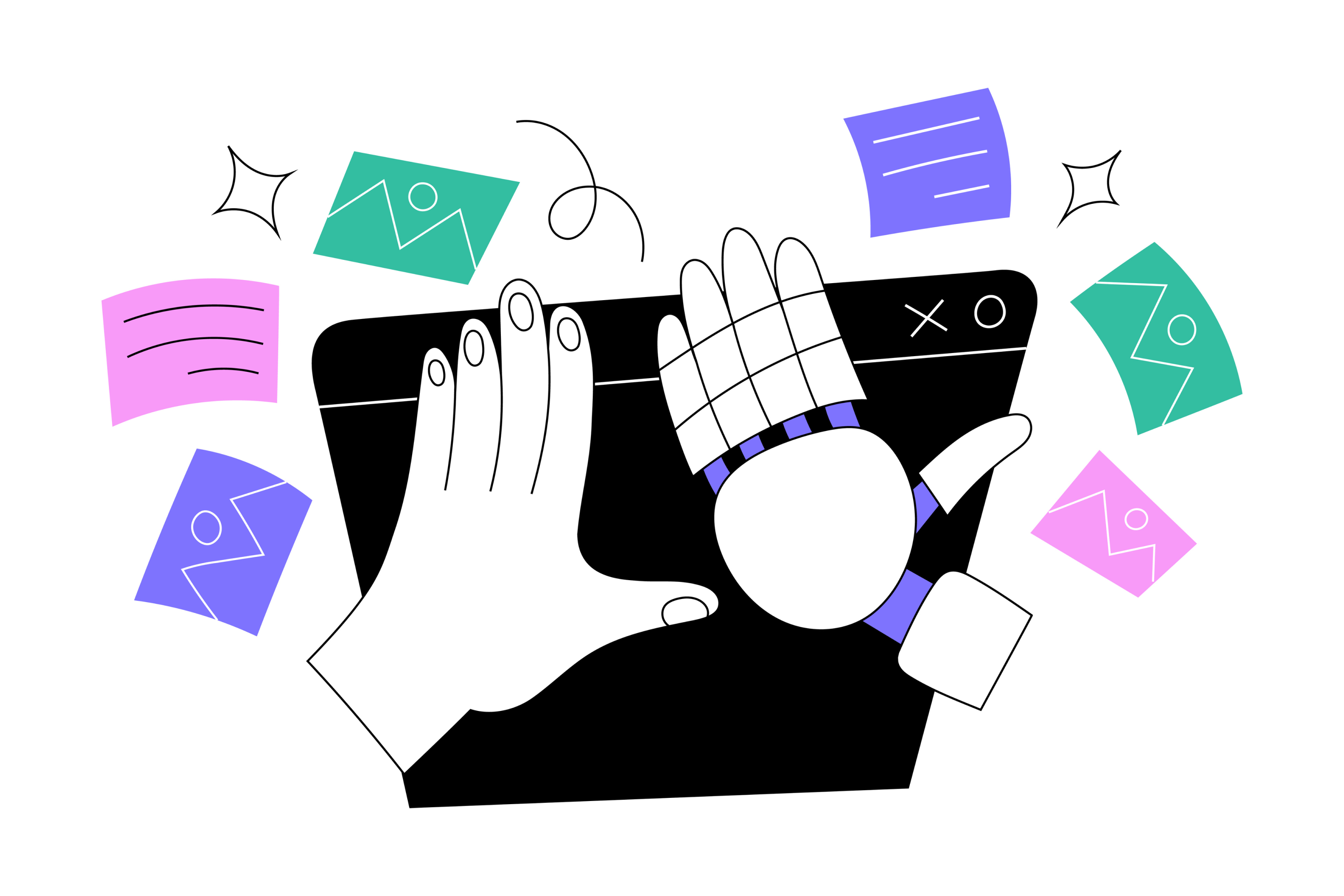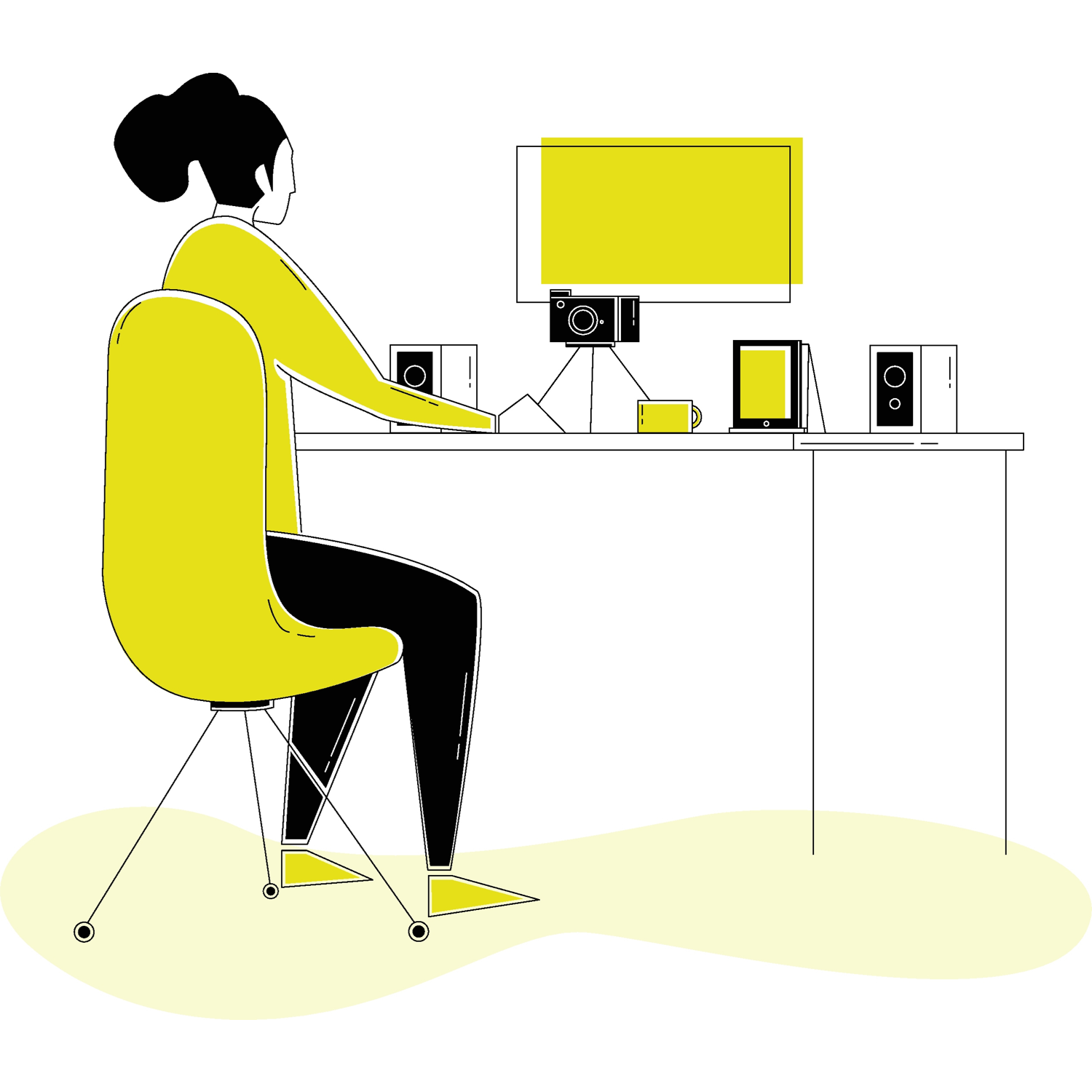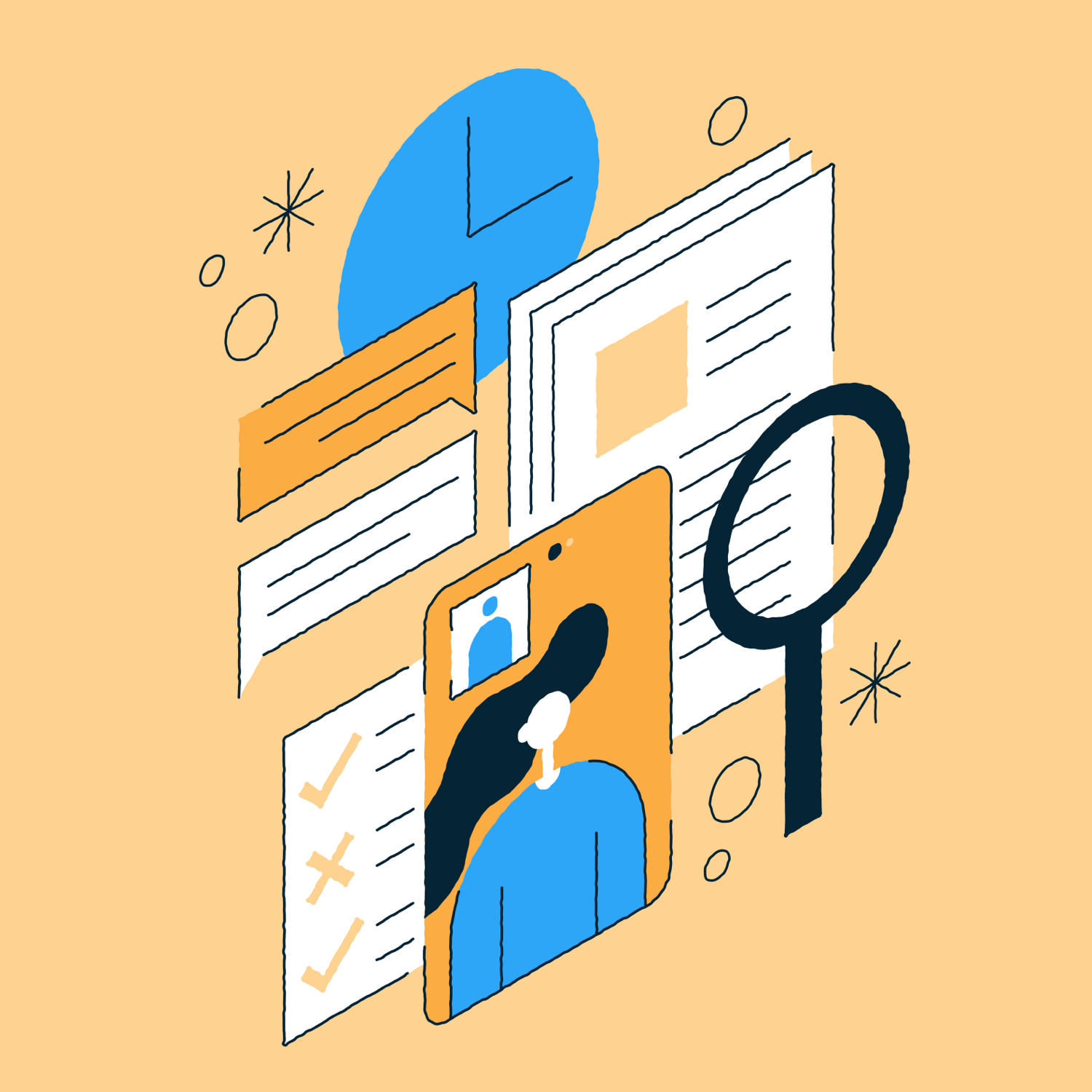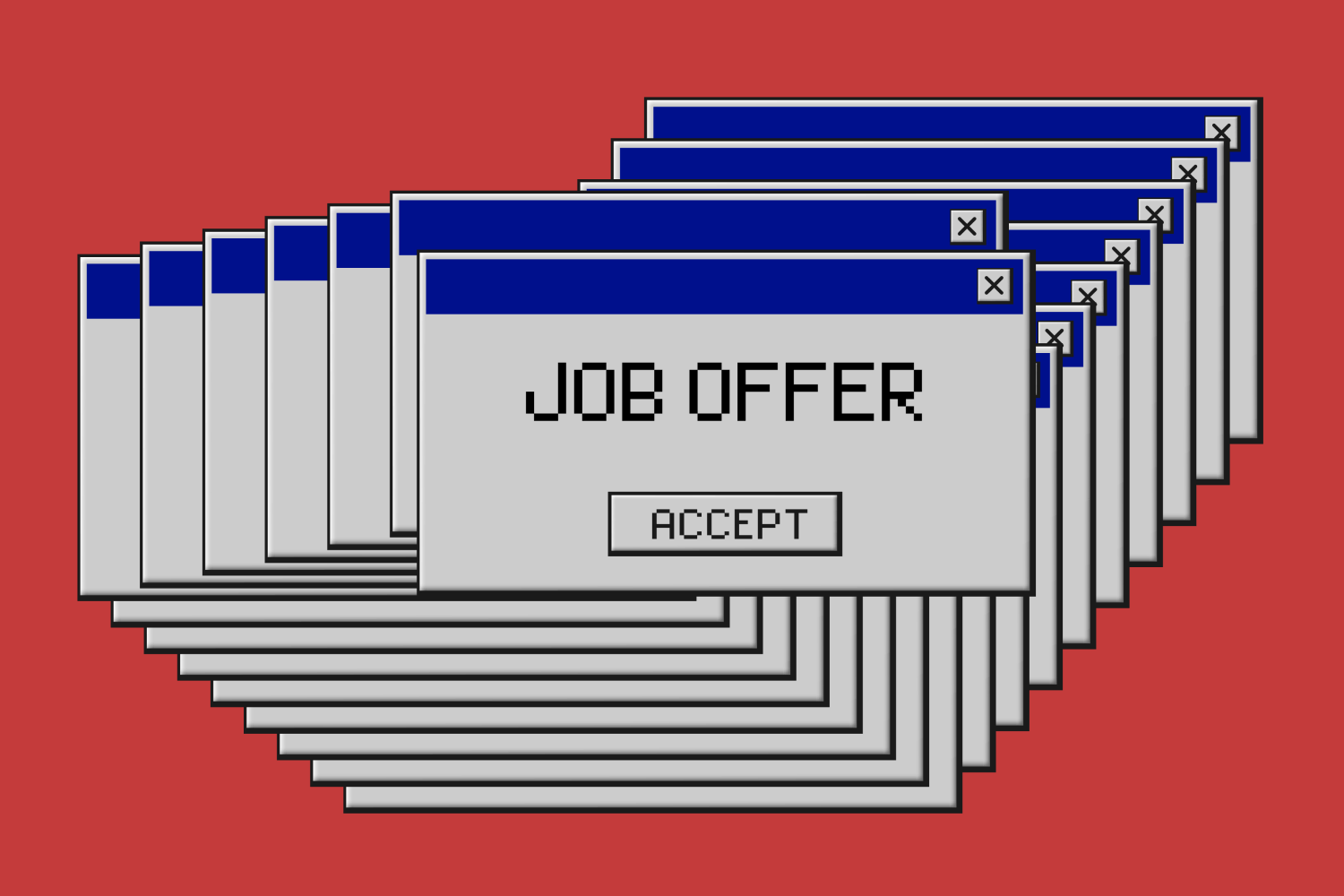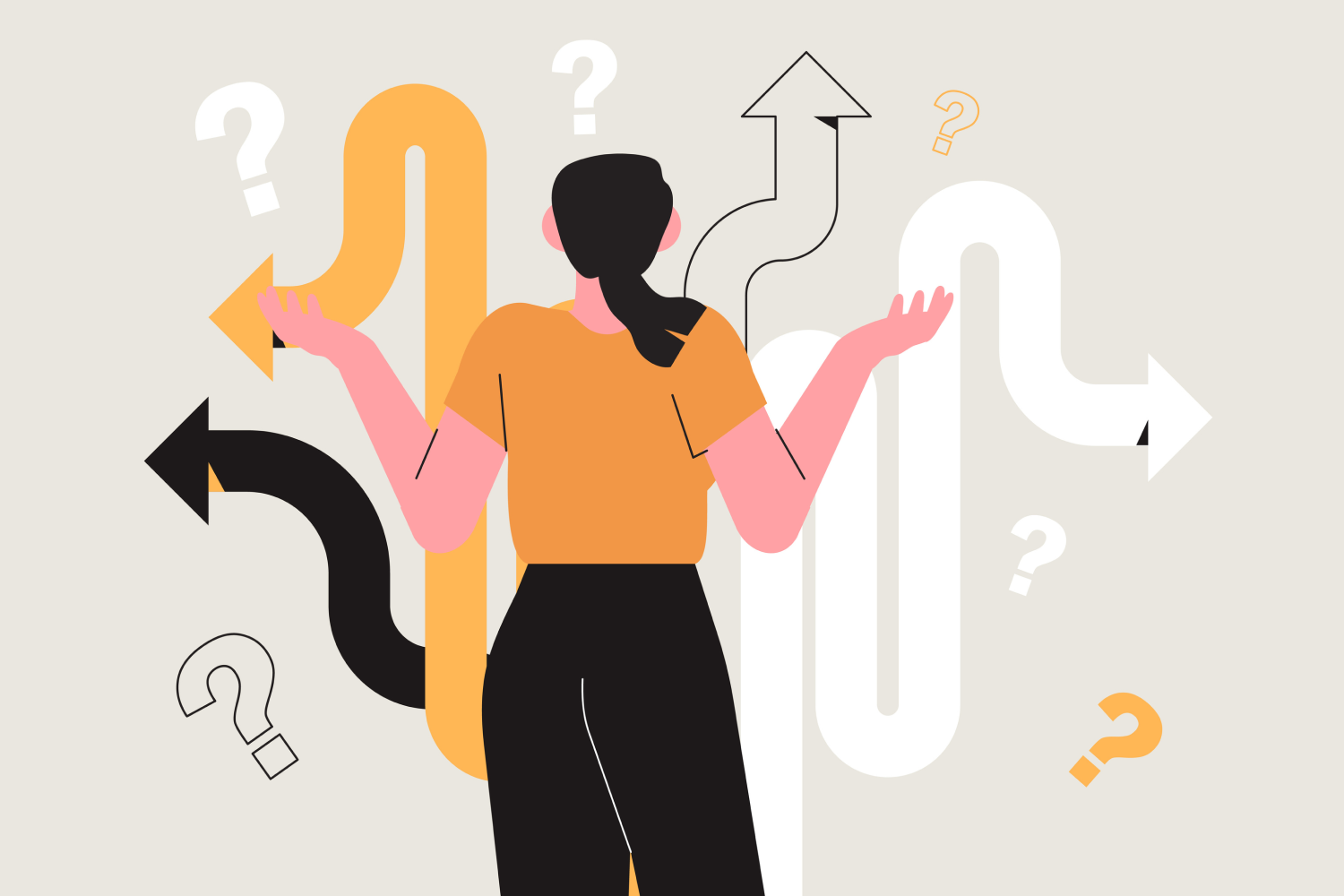Ask a Recruiter: ‘Is It OK to Use ChatGPT to Write My Résumé?’

Welcome to CB’s work-advice column featuring Emily Durham, a Toronto-based senior recruiter at Intuit, public speaker and content creator known for her funny and relatable TikToks about all things work. Each month, Durham answers reader questions on topics that affect our ability to thrive in our jobs, and offers her real-world insights on how to handle even the most rock-and-a-hard-place conundrums. Have a work-related question? Send it to [email protected].
Q: I’m searching for a new job, and am curious about using ChatGPT to help me write my résumé since it’s something I really struggle with. Is it OK to use ChatGPT for writing—or at least helping me write—my résumé? Or will it be obvious to hiring managers, and negatively affect me?
This is a question that I am asked very frequently from job seekers, clients and friends: Is using AI going to save me time, but hurt my candidacy in the long run? One of the most stressful elements of job hunting is the amount of time and energy it takes to curate résumés, write cover letters and prep for interviews. Factor in the actual interview, and suddenly looking for a new role starts to feel like a full-time job.
Related: Have I Been Tricked into a Quiet Promotion?
While customized résumés and cover letters can really help candidates stand out to recruiters, they are extremely time consuming. This is especially true when you’re applying to several jobs. So it’s no wonder why more people are turning to AI for job-related tasks. Leaning on technology to make you more efficient in your job hunt is a brilliant idea, so long as ChatGPT builds the foundation of your résumé—not the entire thing. When using generative AI for your résumé, consider these pieces of advice:
ChatGPT knows a lot, but it doesn’t know you
When ChatGPT is used to develop a generic résumé or cover letter template, it works wonderfully. When it is used to create your finished résumé and cover letter, it will lack the critical details needed for a recruiter to make a decision on your candidacy. ChatGPT is ultimately still a language-processing tool that is unable to detect implied messaging or tone. It also cannot fully convey your personal brand. In other words, ChatGPT understands the basics of various industries and can give you helpful prompts, but it can’t write specific details about your experience, passions and career ambitions.
I advise using ChatGPT to support you in building the first draft of your résumé, but to invest the time in making edits only you are equipped to do. For example, if you were interested in applying for a finance role, I would ask the tool to “write a résumé for a senior finance analyst role at a bank” and feed it as much information related to your experience as possible, including your qualifications and work history. ChatGPT will give you with a list of suggestions for your résumé. Then, copy that draft over to your desired résumé template.
From there, the best thing you can do is read the résumé critically: Does it accurately capture the specifics of your previous jobs and the details of the tasks you performed? Does it include data that highlights your accomplishments? Is it written in a tone that reflects your personal brand? You will need to include additional information about your responsibilities, quantified outcomes in your previous role and even your career aspirations. This level of detail will help you stand out to recruiters, especially if it’s directly related to the job posting you’re applying for.
ChatGPT-generated résumés can lack detail
ChatGPT is also being leveraged as a search tool. Job seekers might ask, “what are the top skills needed for X job?” While the generated information might help inform what you include on your résumé, it’s not a slam dunk. I have seen so many people use ChatGPT to create a résumé or cover letter that ultimately wasn’t industry appropriate, or lacked the charisma needed to stand out for the given role. That’s because ChatGPT is designed to provide the most commonly accepted answers to your questions—not nuanced answers to specific questions.
Related: Is ChatGPT Coming for Your Job?
The best way to use AI in these instances is to use it as a framework, but bounce ideas off real people. If you create your résumé template with ChatGPT, have folks in your industry review it to ensure you are representing the most up-to-date needs of the field, and offering valuable information that will appeal to a recruiter or hiring manager.
Likewise, for folks in creative industries or looking to make career transitions, the traditional résumé writing ChatGPT can offer may not fit the bill. If you’re switching industries, you’ll want to explain why and be really intentional about your language. If you took a career break to care for a family member, for example, or decided to go back to school, that information cannot be generated by AI. ChatGPT will likely lack the storytelling skills and imagination that is necessary to stand out—especially if you’re applying for a job where creative thinking is a must, like marketing or graphic design.
ChatGPT is an amazing tool to empower us to work more efficiently, and it is changing the way we do many tasks—including résumé writing. But workplaces are looking to hire real people. AI should be used as a starting point, and you create the finished product by adding data, details and personal branding touches to ensure your résumé feels human.

